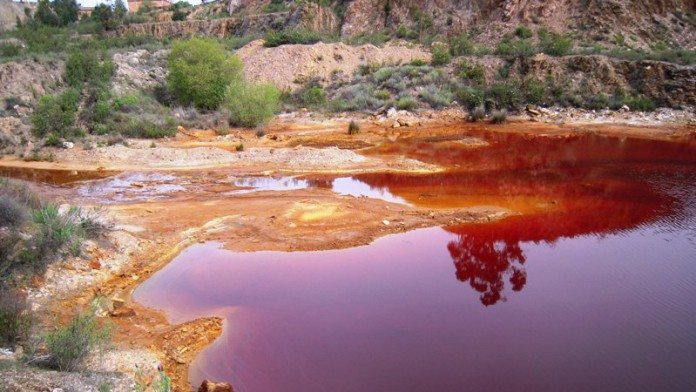
ANGLO American has hit back at a damages claim related to alleged lead poisioning at the Kabwe copper mine in Zambia during the Seventies, saying it couldn’t be held responsible.
“We do not believe it is correct for the claimants to attempt to attribute legal responsibility to Anglo American South Africa for the current situation in Kabwe,” said Richard Price, head of legal and corporate affairs at Anglo in an article by Business Times.
“We strongly encourage careful consideration of the commercial motives of law firms and their funders in bringing a case like this, singling out Anglo American South Africa, part of a major reputable mining company, while completely ignoring the evidence and clear culpability of the actual responsible parties,” said Price.
His comments come after environmentalists laid into the mining group at its annual general meeting last week. They criticised Anglo saying it had a poor environmental track-record in Zambia as well as at another mine, Los Bronces in Chile.
“Much of our soil and water is contaminated, making it difficult for us to grow vegetables and even our staple maize,” said Lydia Moyo, a proxy shareholder and mother of two girls from a village affected by Kabwe.
Business Times quoted her as saying: “Given that Anglo American South Africa knew about children’s deaths from lead poisoning back in the 1970s, what is stopping you from turning your attention towards the ongoing sufferings of the people of Kabwe?”
Claudio Rojas, a member of Movimiento No + Anglo — a coalition of environmental organisations and communities affected by the company’s operations in Chile — blamed Anglo for polluted air and water at Los Bronces.
“Does Anglo want to create a sustainable future? How does Anglo American explain to its shareholders that the wealth they received is built on children sickened by pollution, and destroyed villages without water?,” Rojas was quoted as saying.
Stuart Chambers, Anglo chairperson, acknowledged Chile had been badly hit by drought, but said Anglo was taking measures to ameliorate the problems starting with a desalination project which will supply 46% of all Los Bronces’s water needs.
Sara Taaffe, the analyst responsible for environmental issues at the Church of England Pensions Board — an Anglo shareholder — asked for more detail on Anglo’s disclosures regarding its environmental impact.
“We are working on our first transition plan, our climate transition plan, under the auspices of the transition plan task force, and we aim to publish that before the end of this year,” said Chambers.









